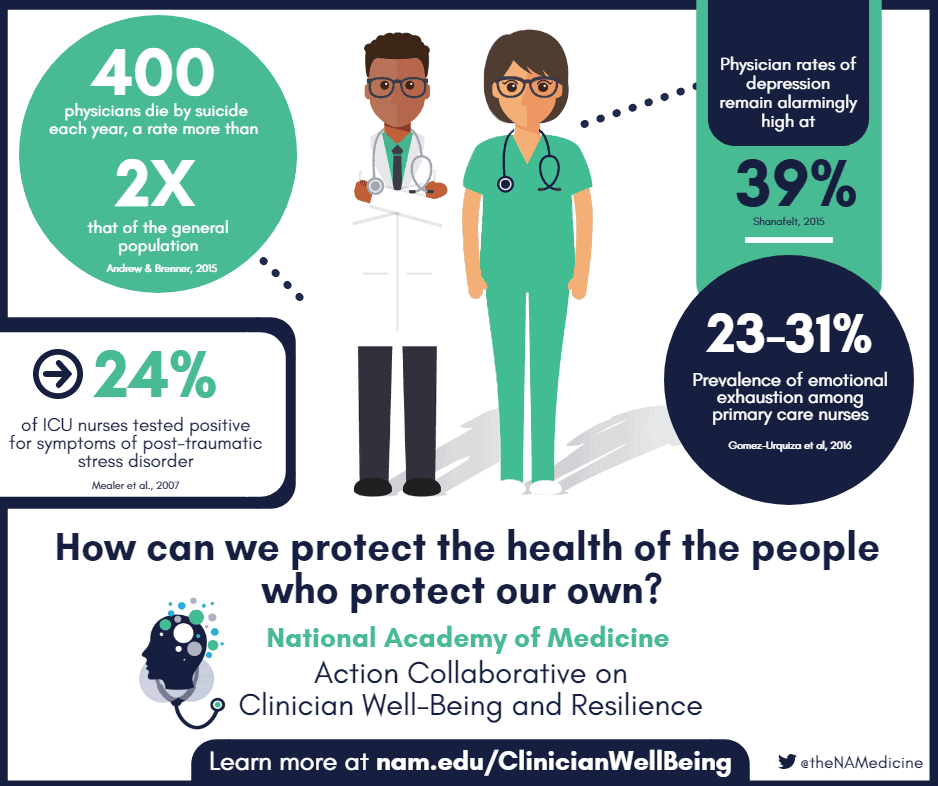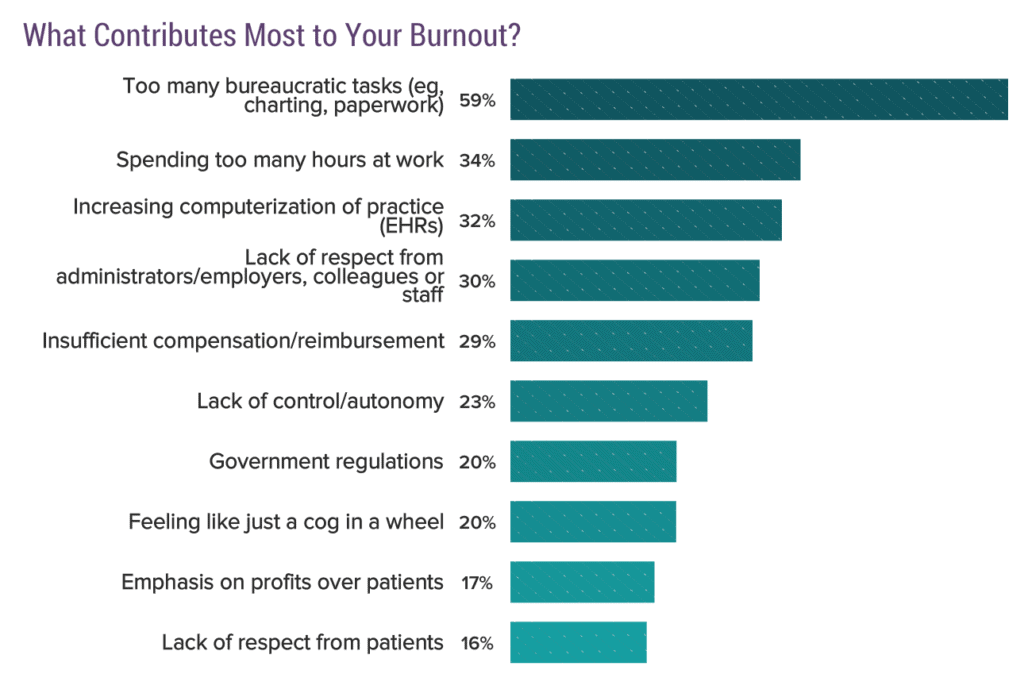Inside Angle
From 3M Health Information Systems
Can artificial intelligence help address the burden of too many quality measures?
Physicians and nurses are experiencing burnout and are committing suicide at unprecedented rates. When asked, healthcare professionals tell us they are pulled away from meeting their patients’ needs to fulfill documentation requirements in their electronic medical records and chase paperwork that is tangential to patient care.
Our current approach to quality measurement drives a good amount of the charting and paperwork burden (our approach to payment is another driver, but let’s hold that for another blog). When we define quality as a discrete action between one clinician and one patient (e.g. “Did you order the blood sugar test for this person with diabetes?”), we mistake the action for one person as a reflection of how well this clinician acts for all people. Both are important, but we have gone too far in assuming that aggregating process measures reflects population outcomes.
We have good outcome measures for populations. For instance, the rate of hospitalization for people who might have avoided hospitalization with better ambulatory care. Measures like this come from administrative data with no extra burden of reporting by physicians & nurses.
Artificial intelligence may provide another approach to reducing the documentation burden and burnout by capturing the clinician/patient interaction in real time and letting machines to the behind-the-scenes work of translating conversation into meaningful data elements.
Come listen to Dr. Juggy Jagannathan describe this approach on the Inside Angle podcast.
L. Gordon Moore, MD, is Senior Medical Director, Clinical Strategy and Value-based Care for 3M Health Information Systems.





